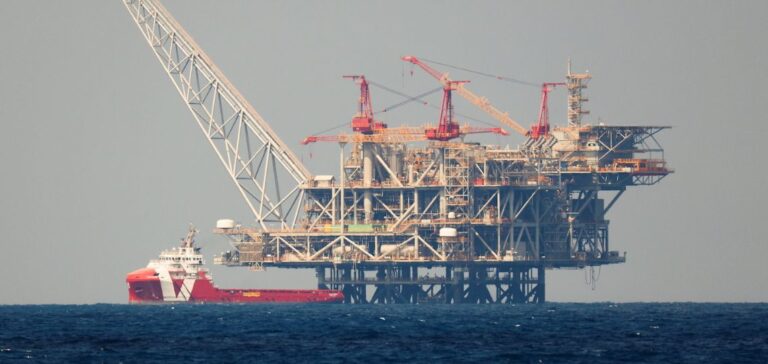Iranian-Kuwaiti gas dispute – Kuwait’s foreign minister has been invited to visit Iran, the Gulf oil monarchy’s state media announced, at a time when it is disputing, with Saudi Arabia, Iran’s claims to a gas field.
Gas tensions: Iran invites Kuwait to talks on disputed gas field
With reserves estimated at 220 billion cubic meters, the field, known as Arash in Iran and Dorra in Kuwait and Saudi Arabia, is the subject of a dispute dating back to the 1960s between these three riparian countries.
The Iranian ambassador to Kuwait has handed Foreign Minister Salem Al-Sabah “a letter from his Iranian counterpart, Hossein Amir-Abdollahian, inviting him to Iran”, the official Kuwaiti agency Kuna reported on Thursday.
She did not say whether the invitation had been accepted by Kuwait. On the same day, Saudi Arabia and Kuwait declared that they were the only legitimate operators of this gas field, while Iran is threatening to continue exploring the deposit.
Historic gas conflict: The Arash-Dorra field, symbol of Iranian-Kuwaiti relations
The resurgence of this dispute comes at a time of regional appeasement. Kuwait has always maintained cordial relations with Iran. But Riyadh and Tehran, rival regional powers at loggerheads for decades, have only recently reconciled and re-established diplomatic relations, severed since 2016.
In the 1960s, Kuwait granted a concession in Dorra to Anglo-Iranian Petroleum, which later became part of BP. Iran, for its part, had given a concession to Royal Dutch/Shell. The two concessions overlap in part of the gas field. Negotiations have gone on for years to resolve this disagreement, to no avail.






















